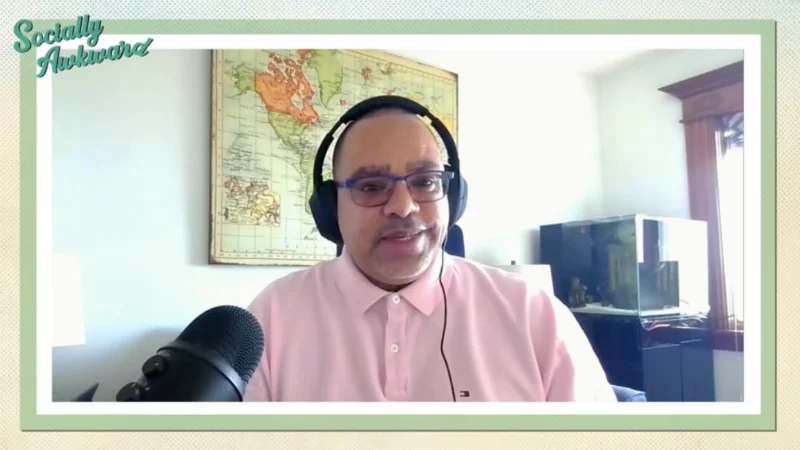Hotel Managers Can Maximize Operational Technologies Effectiveness with Diverse Training Approaches
As the hospitality industry continues to embrace digital transformations, hotels are increasingly deploying new operational technologies designed to enhance efficiency and guest satisfaction. However, the transition is not always seamless. Staff, particularly in critical roles such as housekeeping, often struggle to adapt to these innovations, which aren’t always intuitive. This challenge highlights a crucial gap in training methods and the support provided to employees, raising significant questions about the effectiveness of technology integration in enhancing operational efficiency.
What strategies can hospitality leaders employ to improve technology adoption among their staff?
- Avoidance of Technology: Employees, such as room attendants, often take extra steps to avoid using new technological tools, which can undermine productivity enhancements.
- Insufficient Training: The standard practice of offering minimal training (e.g., two days) is not sufficient for staff to feel comfortable and proficient with new technologies.
- Diverse Learning Needs: Staff in the hospitality industry have varied learning preferences—some are hands-on learners, while others may prefer reading or watching instructional videos.
- Operational Challenges: Despite the intention to enhance guest experiences through technology, inadequate staff training can lead to underutilization of these investments, effectively wasting resources.
- Strategic Recommendations: Leger suggests tailored training programs that accommodate different learning styles and more robust support systems to ensure technology is used to its full potential.
Article written by Sonia Gossai









